Edibles are one of the most popular forms of cannabis, and for good reason. They’re easy to dose, they taste delicious, and they eliminate the need to fill your lungs with smoke. While these are all great reasons to buy edibles, one question is often on people’s minds about them: if I eat an edible, how long will it stay in my system?
Some online sources claim that edibles can stay in your system for three to twelve days, while others claim that they’ll stay in your system for up to six months. Truth is, there’s no concrete answer to that question, only speculated guesses, and they all vary from person to person.
Here’s how you can best tell how long edibles will stay and be detectable in your system, along with guidance on how to detox from edibles faster.
What are cannabis edibles?
Edibles are the edible method of consuming cannabis. They come in multiple forms including: gummies, mints, tarts, pastilles, chocolates, candy bars, brownies, cookies, pretzels, beverages – and the list goes on and on as the cannabis industry evolves and innovates.
Edibles are created by infusing any-food-under-the-sun with cannabis concentrates like distillate, live resin, butter, and other various hash oils.
Gummies are currently the most popular form of cannabis edibles, but infused-beverages are the fastest growing category in the industry.
How long do cannabis edibles stay in your system?
Several factors contribute to how long it takes for your body to process cannabis edibles:
- Age: Metabolism and digestive processes tend to slow down as we age, resulting in a longer processing time for edibles. Older individuals may retain edibles in their system for a more extended period.
- Gender: In general, women tend to have slower metabolisms than men, which means that women may process edibles more slowly.
- Body mass index (BMI): Research indicates that metabolism is linked to BMI, with higher BMI associated with a slower metabolism. Consequently, individuals with a higher BMI may retain edibles in their system for a longer duration.
- Strength/strain of the CBD/THC: The potency of the THC in edibles directly affects how long it remains detectable in the system. It is crucial to be aware of the THC content in the edibles you consume.
- Quantity of edibles consumed: The more edibles you consume, the longer they are likely to stay in your system. It is advisable to follow recommended dosage guidelines to minimize the duration of edibles in your body.
- Usage history: Frequency and regularity of cannabis use play a role in how long edibles stay in the system. Occasional users may have shorter detection windows compared to frequent users.
- Pre-existing medical conditions: Certain medical conditions, such as chronic diseases, obesity, Cushing's syndrome, and diabetes, can lead to a slower metabolism. These conditions may prolong the presence of edibles in the body.
Based on these factors, a general rule of thumb suggests that edibles may remain detectable in your system for approximately 3-12 days. However, it is essential to consider the specific circumstances and consult with a healthcare professional for a more accurate estimate.
Drug Tests and Edibles Detection Time
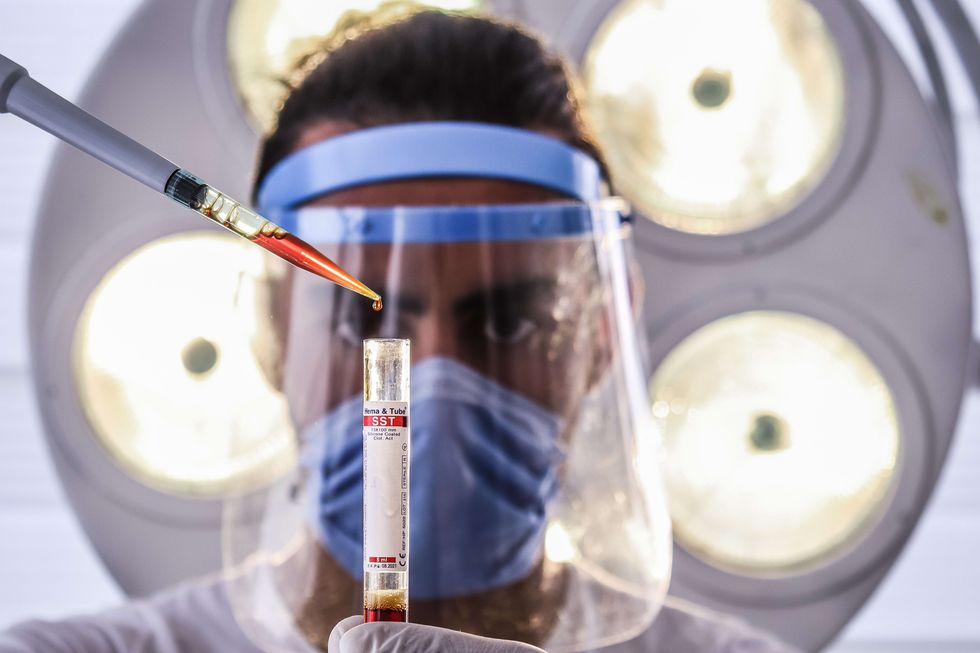
For individuals concerned about drug tests, it is crucial to understand the detection windows for different test types:
- Hair test: THC can be detected in hair follicle tests for up to 90 days. It is important to note that even edibles containing THC can be detected through this type of test.
- Urine test: Depending on the dosage and strain of THC consumed, urine tests can detect marijuana use within a range of 3-30 days.
- Saliva test: The presence of marijuana can be detected in saliva for approximately 1-3 days following edible consumption.
- Blood test: THC can typically be detected in blood tests for about 3-4 days after ingesting edibles.
While these are general guidelines, it's crucial to remember that individual variations can influence detection windows. If you have an upcoming drug test, it is advisable to consult with professionals knowledgeable about the specific requirements and detection methods used.
Therefore, when asking how long edibles will stay in your system, that answer depends on which part of your system is tested for THC. Sprout Health Group suggests that THC can stay in your blood for 3-4 hours, saliva for up to 72 hours, urine for up to 30 days, and hair for up to 90 days.
Leafly suggests that THC can stay in your blood for up to 45-60 days, saliva for up to 1-7 days, and hair for up to 120 days. How long it will take your body to clean itself ultimately depends on two primary factors: your body type and your consumption habits.
The THC from cannabis stores in your fat cells, and is flushed out of the body through urine. What this means is the lower your body fat percentage, and the more you pee, the faster the edibles will leave your body.
Conversely, the higher your body fat percentage, the longer it will take for your body to be cannabinoid-free. This is why so many people rush to over-exercise when it’s time to pass a drug test, though there is no scientific research that backs this as effective.
In addition to your physical makeup, how often you consume cannabis plays a huge role in how long edibles stay in your system. If you only eat edibles once every blue moon, it will probably only take a couple days or weeks to cleanse the THC from your body; if you smoke every day, then it will probably take months before the THC is out of your body.
While most of the answers to “How long do edibles stay in my system” are simply guesses, one thing is known for certain: it will take longer to get rid of the THC from edibles than it will to clear out the THC from consuming flower or concentrates. This is due to how the body processes edibles, and the different type of THC that comes from it.
How does your body process cannabis edibles?
Every human has an endocannabinoid system. It’s the system in your body that processes the cannabinoids in marijuana.
The THC you and your body are most familiar with is Delta 9 Tetrahydrocannabinol. It is ingested by smoking, or vaping, and usually hits your body within minutes, and the experience is over within a couple of hours.
Consuming edibles, however, results in the creation of a different type of THC, which is why edibles sometimes take longer to hit, and can produce highs that can last even overnight.
When our liver touches THC, it’s converted to try and break it down to eliminate it. In doing so, it creates this new compound called 11-Hydroxy-THC. That’s what goes into your bloodstream and gets you high on an edible.”
Mike Hennessey, WANA Brands
In conversation with Mike Hennessey, the Director of Innovation at WANA Brands, Colorado’s #1 infused products company, about why edibles get us so high, he said, “When our liver touches THC, it’s converted to try and break it down to eliminate it. In doing so, it creates this new compound called 11-Hydroxy-THC. That’s what goes into your bloodstream and gets you high on an edible.”
Hennessey says that 11-Hydroxy-THC differs from Delta 9 in that “it is more potent, passes the blood brain barrier more easily, and takes longer to be eliminated from the body. So you’ve now actually gotten high on the drug differently than the person who smoked. They’re high on Delta-9; you’re high on 11-Hydroxy, it’s just a more potent, longer-lasting drug. And that’s all through liver metabolism.”
What that all means is that when you eat edibles, rather than smoke your weed, it will take much longer for the THC to be absorbed into the bloodstream, and removed through urine, because your body has to process an edible like it does any type of food: through metabolization and digestion.
“Not only does cannabis take longer to absorb when you eat an edible, but say you eat one before bed: you already ate dinner, so your body is digesting dinner, and then it has to start digesting the cannabis. So [the edible] hasn’t even kicked in for a while,” Hennessey says.
How Long It Takes for Edibles to Take Effect
Compared to smoking or vaping cannabis, edibles take longer to produce noticeable effects. The time it takes for edibles to kick in varies depending on factors such as metabolism, strain, and individual response. Generally, it can take anywhere from 30 minutes to two hours before you start feeling the effects of CBD or THC gummies.
It is important to exercise patience when consuming edibles, as some people may mistakenly believe that they need to take more if they don't experience immediate effects. Overconsumption can lead to adverse effects and an increased risk of addiction. Following recommended dosing instructions is crucial for a safe and enjoyable experience.
The duration of the high from edibles is typically longer compared to other consumption methods. On average, the effects can last up to 12 hours, with the peak occurring around the three to four-hour mark. This prolonged duration is due to the slower metabolism and absorption of cannabinoids from the digestive system.
The length of time cannabis edibles stay in your system can vary based on multiple factors, including age, gender, body mass index, THC content, dosage, usage history, and pre-existing medical conditions. While estimates suggest a range of 3-12 days for detection, individual variations are common. It is crucial to consider these factors and consult with healthcare professionals for personalized advice.
When it comes to drug tests, the detection windows vary depending on the test type, with hair tests having the longest detection period. Understanding the specifics of different test methods and discussing any concerns with experts can provide clearer insights.
Remember, edibles take longer to produce effects, and it is important to follow recommended dosages to avoid overconsumption. Patience is key when waiting for the effects to kick in, and taking multiple edibles simultaneously can lead to adverse effects and increased addiction risk. By understanding these factors and consuming edibles responsibly, you can have a safer and more enjoyable experience with cannabis edibles.
How Long Do CBD Gummies Stay in Your System?
If you're specifically concerned about CBD gummies, it's important to note that most drug tests primarily look for high THC levels, which are responsible for the psychoactive effects of marijuana. CBD products, including CBD gummies, typically contain less than 0.3% THC, which is a trace amount. As a result, it is unlikely that CBD gummies will show up on a drug test.
However, it's worth mentioning that some drug tests can detect even trace amounts of THC. Hair tests, for example, can potentially identify THC in the system for up to 90 days, including THC from CBD products. Therefore, individuals who may be subjected to hair tests should be aware of this possibility.
For other types of drug tests, such as urine, saliva, and blood tests, the presence of THC from CBD gummies is generally not a concern. Urine tests can detect THC for 3-30 days, depending on the amount of THC consumed and the specific strain. Saliva tests can detect THC for about 1-3 days, while blood tests can typically identify THC for approximately 3-4 days after consumption.
It's essential to consider the specific drug testing requirements and methods employed in your situation. If you have concerns about drug tests or are in a profession or educational setting where positive test results could have consequences, it is advisable to consult with a medical professional who can provide tailored guidance based on your circumstances.
In summary, the duration of cannabis edibles in your system can vary significantly depending on individual factors such as age, gender, body mass index, THC content, dosage, usage history, and pre-existing medical conditions. While estimates suggest a range of 3-12 days for detection, it's important to remember that individual variations exist.
For drug tests, the detection windows differ based on the test type, with hair tests having the longest detection period. However, CBD gummies, which contain low levels of THC, are unlikely to trigger positive results on most drug tests. It's crucial to be aware of the specific requirements and methods used in your testing situation.
By understanding these factors and seeking guidance when needed, you can make informed decisions about consuming cannabis edibles and ensure a safer and more responsible experience. Whether you choose THC or CBD gummies, following recommended dosages and being mindful of your personal circumstances will contribute to a positive and enjoyable use of these products.
How do you get cannabis edibles out of your system faster?
Just like there’s no true answer to how long edibles will stay in your system, there’s no true answer to how to get them out of your body faster. So if you came into this article looking for stoner hacks on passing a drug test, I offer my sincerest condolences; and I will tell you that your best bet is to simply pee as much as possible.
Exercise may help you burn off some fat cells ahead of time as well, but still, there is no true data proving this to be an effective way of accelerating the rate at which THC is removed from your body. If you’re in an absolute jam, a 2011 study suggests Zinc may reduce the detection of THC in your urine. In the end, peeing until you can pee no more is probably the answer.
There are multiple foods, beverages and detox drinks that may help increase urine flow. Obviously, chugging water all day, but coffee is another beverage that will have you rushing to the bathroom.
Additionally, WebMD suggests acidic fruits like oranges, grapefruits, clementines, lemons, and limes, whether you eat them or drink their juice. Healthline suggests tomatoes, tomato-based products, and cranberries are another realm of foods that do the trick. Regardless of whichever ways you attempt to rapidly flush your body of THC, no method will be more effective than simply taking a break from the edibles and waiting it out.
Are you still missing out on The Bluntness newsletter? Sign Up today to stay in the loop.
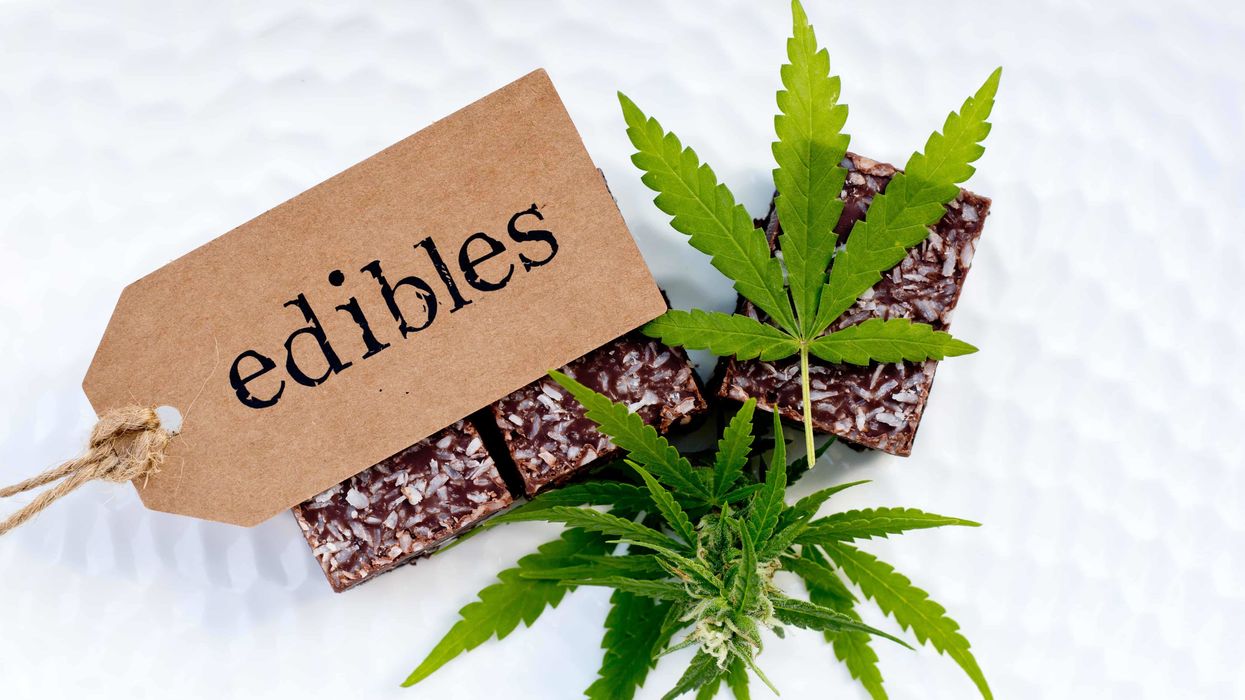






 11 Signs You've Greened Out and How to Handle It - The Bluntness
Photo by
11 Signs You've Greened Out and How to Handle It - The Bluntness
Photo by  11 Signs You've Greened Out and How to Handle It - The Bluntness
Photo by
11 Signs You've Greened Out and How to Handle It - The Bluntness
Photo by 






 The Truth About THC Candle: Cannabis Candles & How to Make Your Own - The Bluntness
Photo by
The Truth About THC Candle: Cannabis Candles & How to Make Your Own - The Bluntness
Photo by 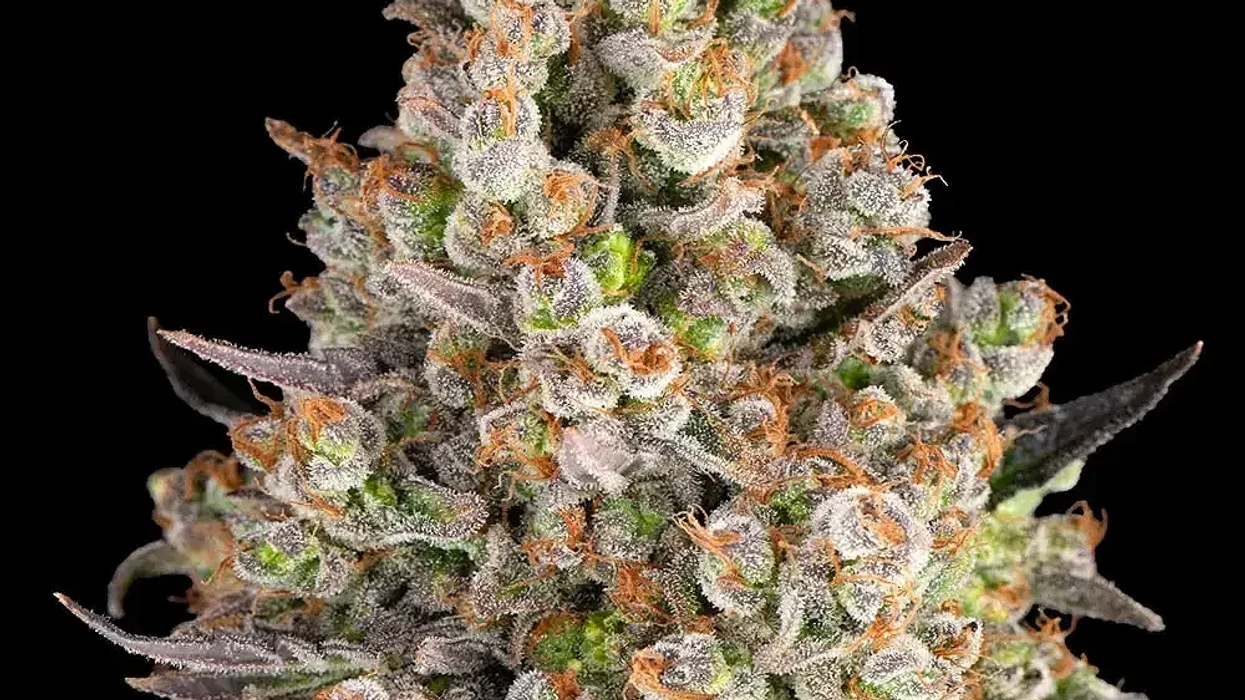
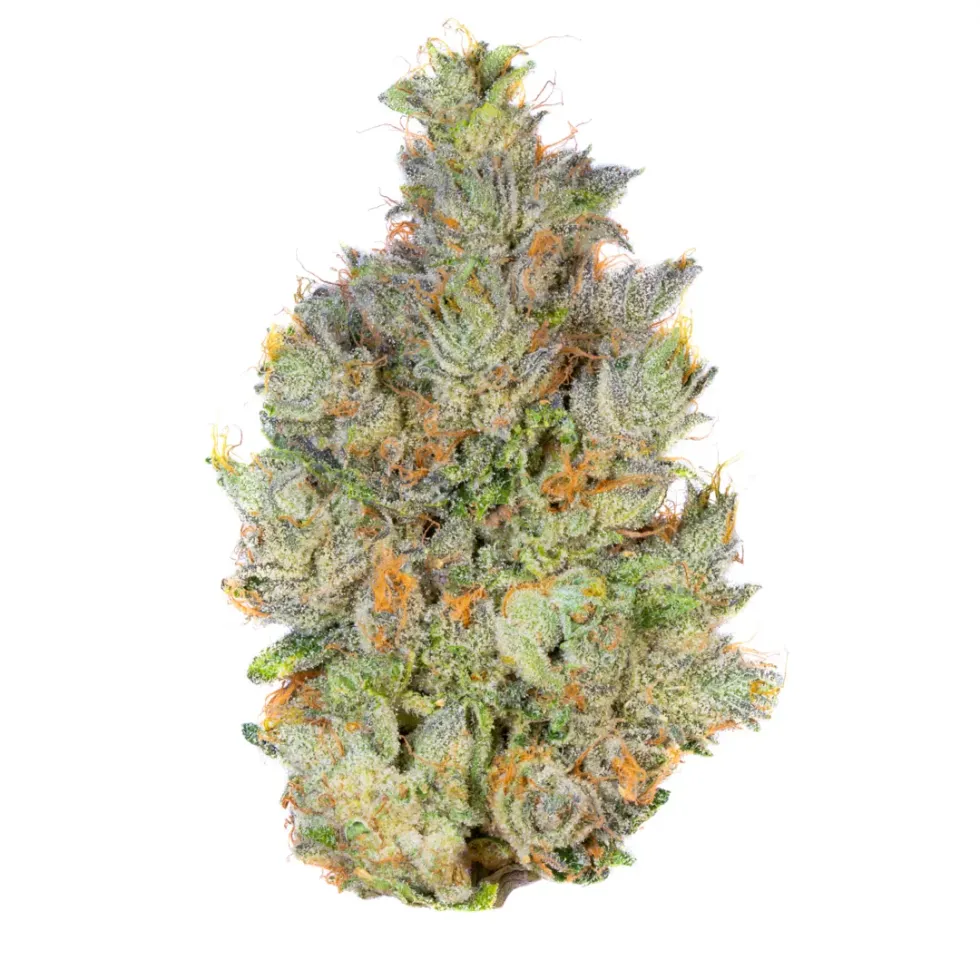 OG Kush Strain: The West Coast Classic That Defined a Generation - The BluntnessAlien Labs
OG Kush Strain: The West Coast Classic That Defined a Generation - The BluntnessAlien Labs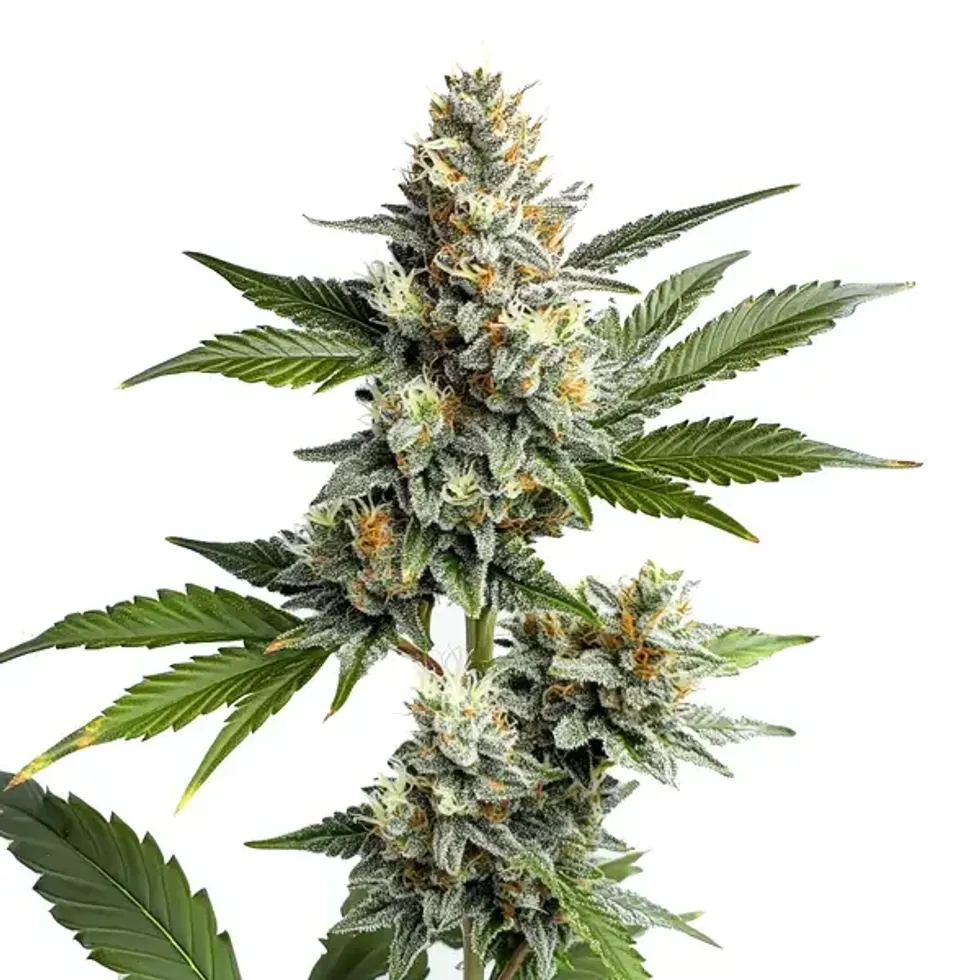 OG Kush Strain: The West Coast Classic That Defined a Generation - The Bluntness
OG Kush Strain: The West Coast Classic That Defined a Generation - The Bluntness
 What will you do with that cannabis kief collection? - Make Coffee! The Bluntness
What will you do with that cannabis kief collection? - Make Coffee! The Bluntness DIY: How to Make Kief Coffee - The Bluntness
Photo by
DIY: How to Make Kief Coffee - The Bluntness
Photo by 
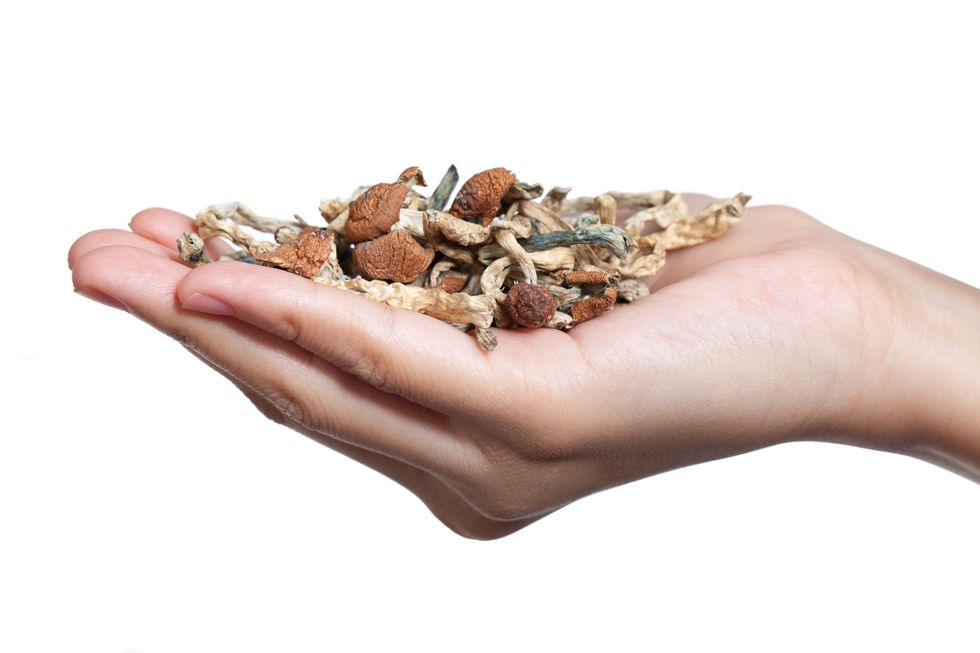 How to Make Mushroom Tea - The Bluntness
null
How to Make Mushroom Tea - The Bluntness
null
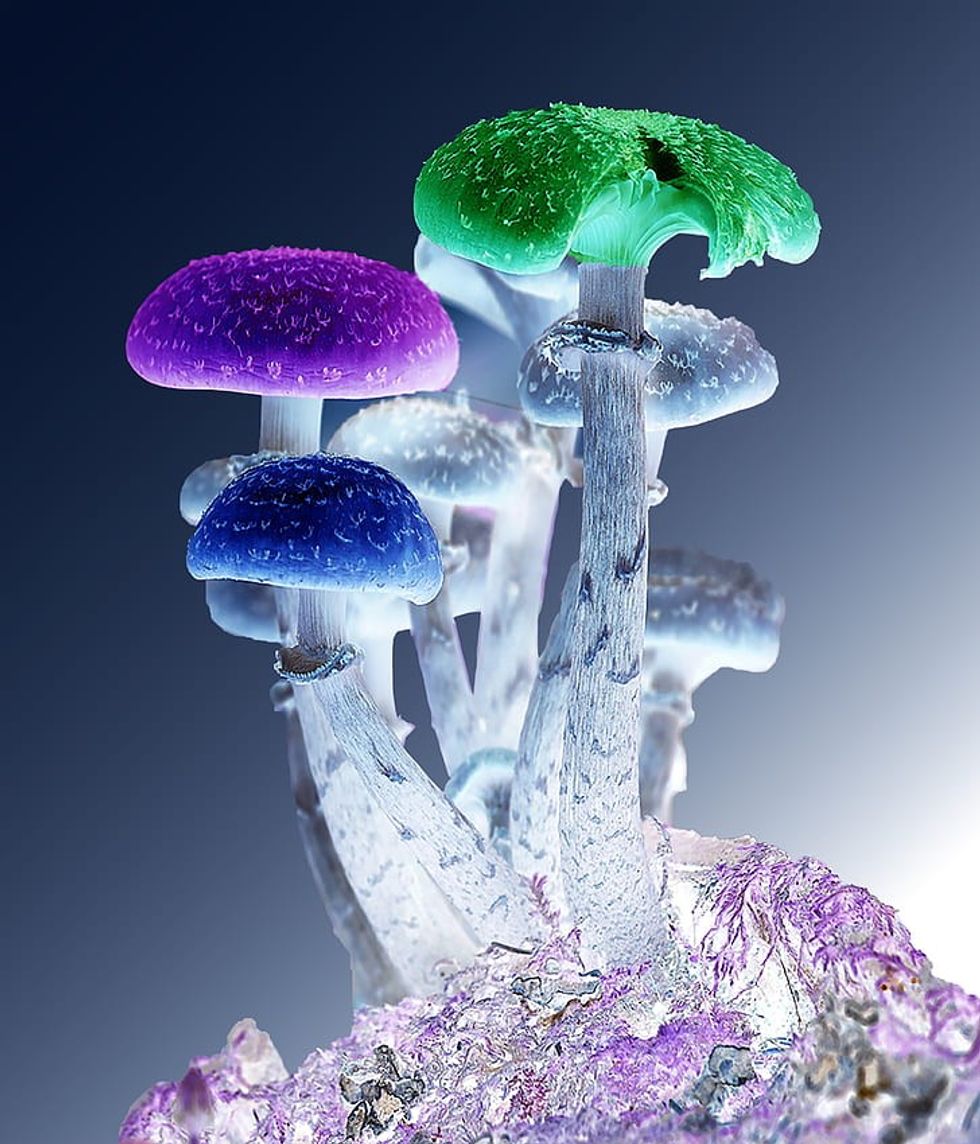 How to Make Mushroom Tea - The Bluntness
www.pickpik.com
How to Make Mushroom Tea - The Bluntness
www.pickpik.com